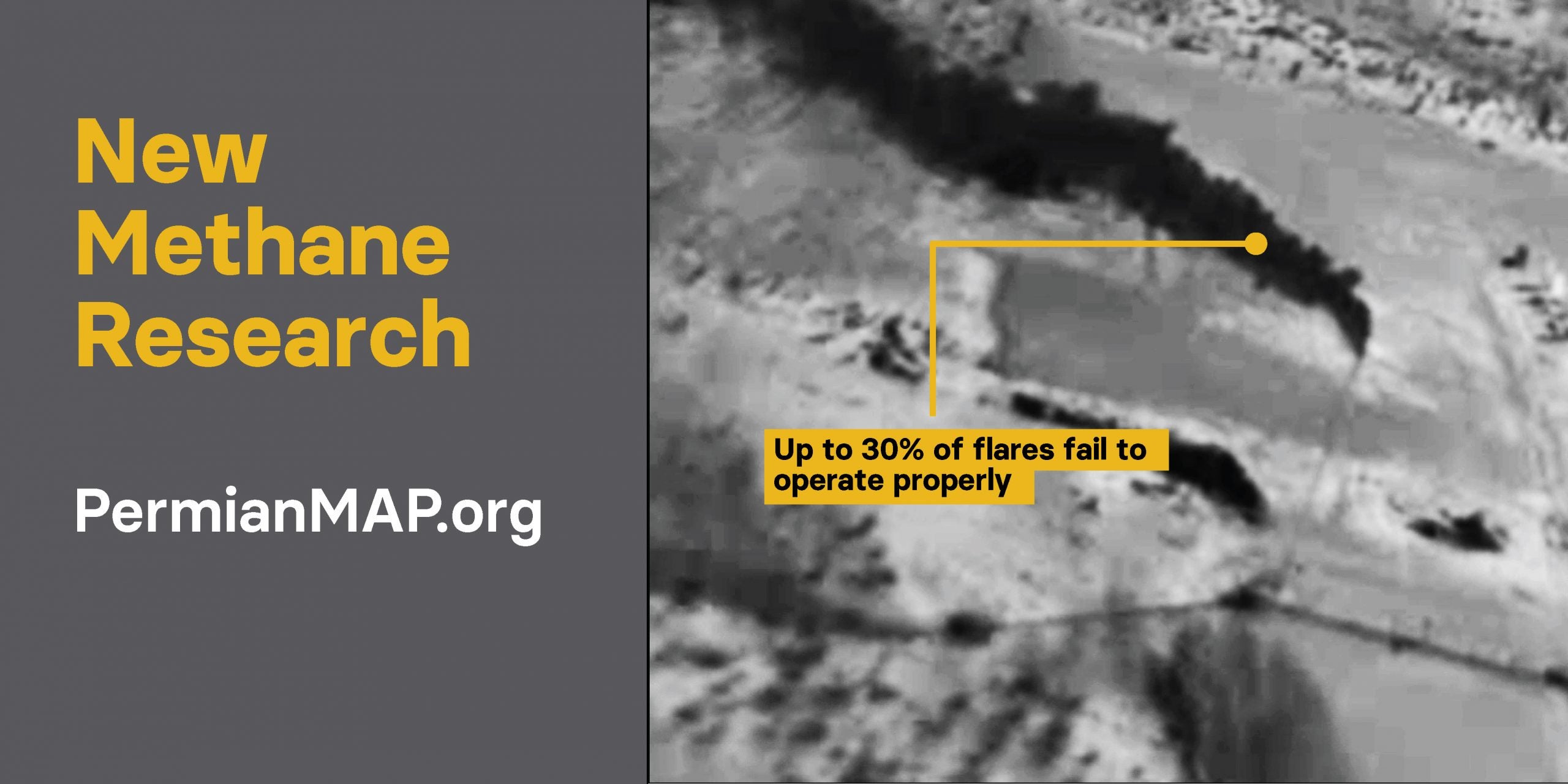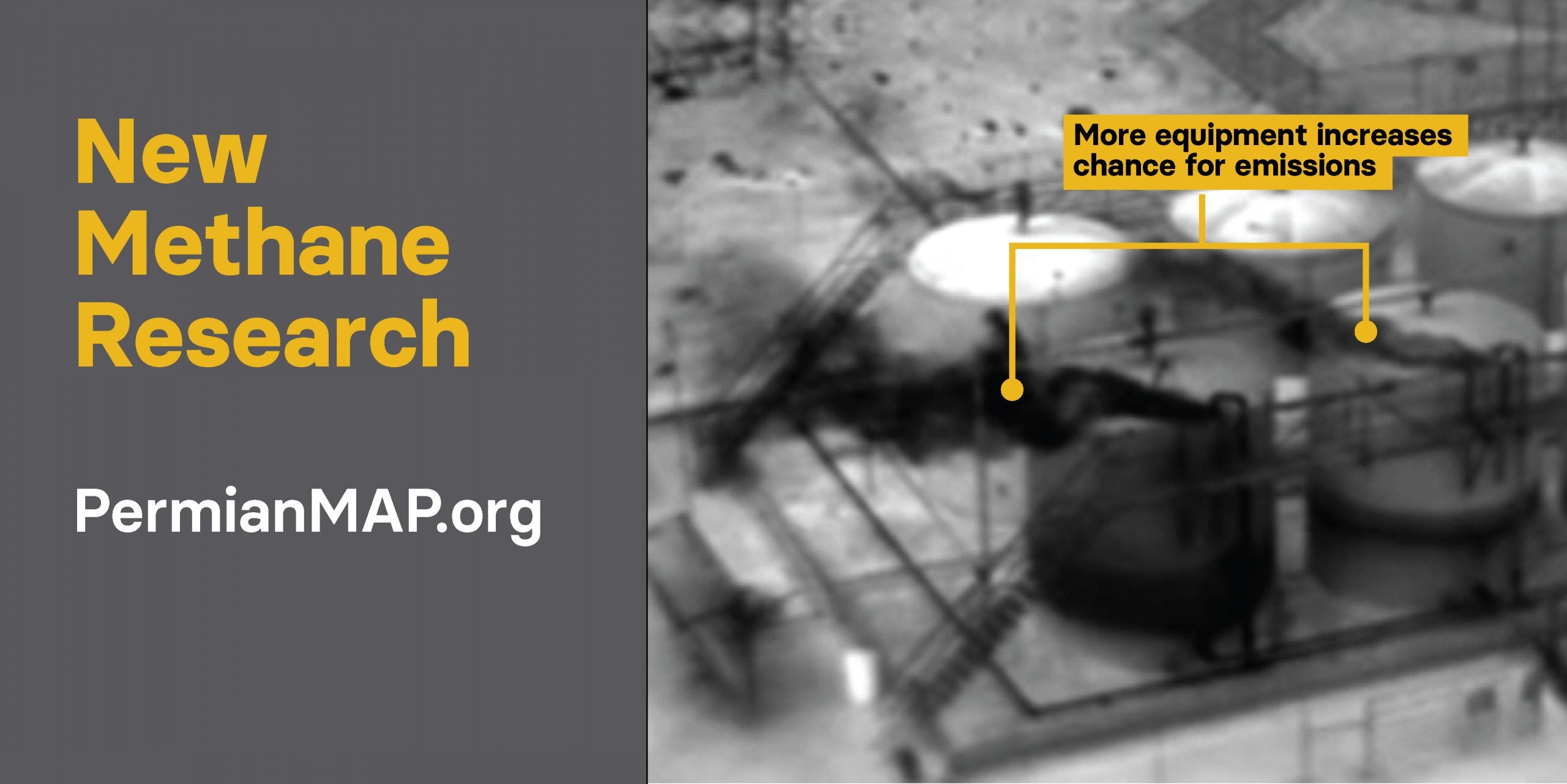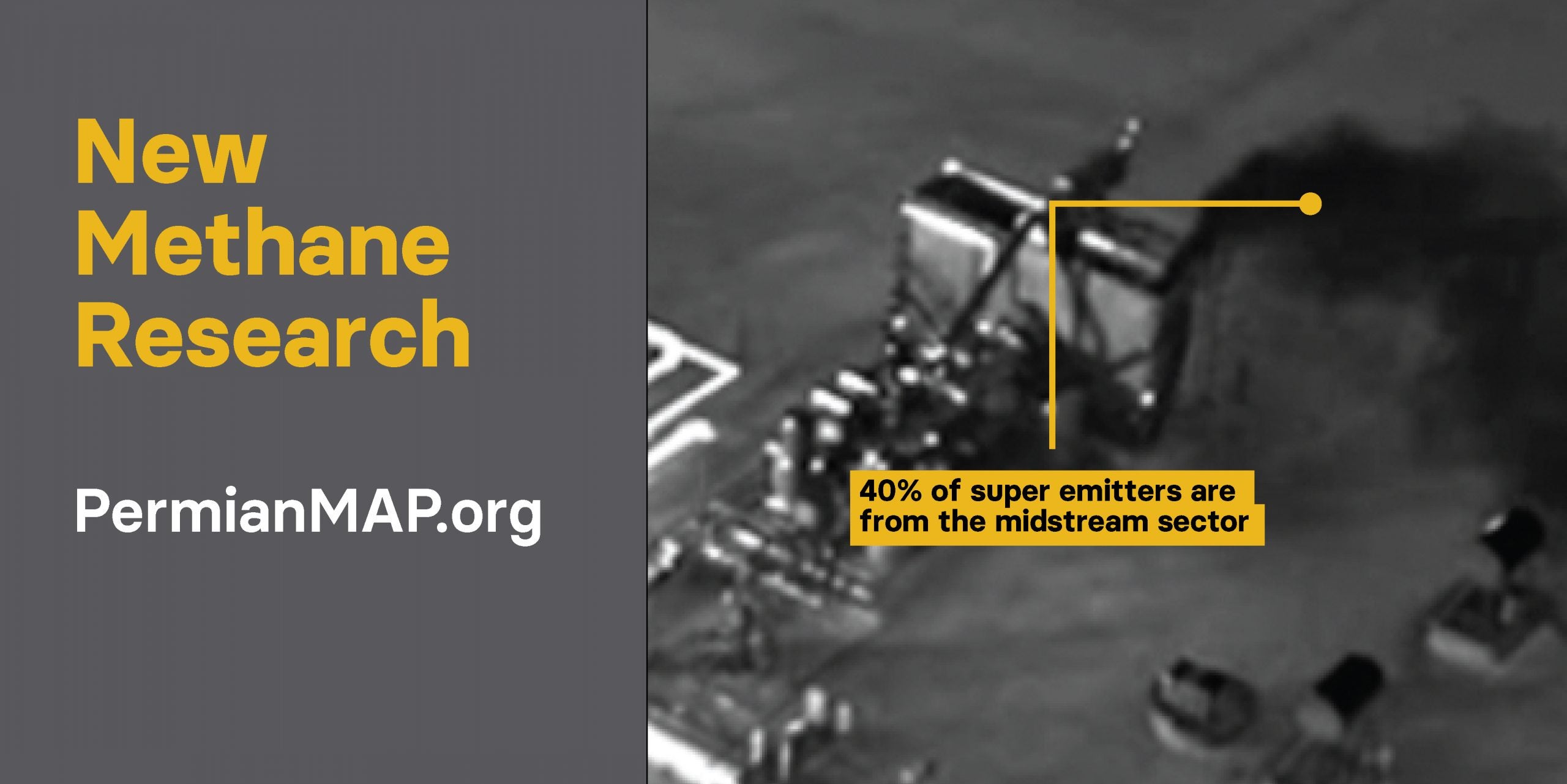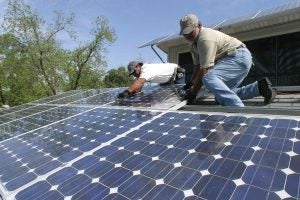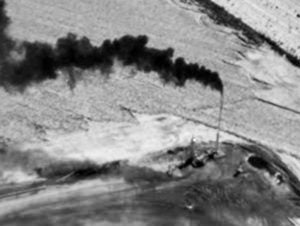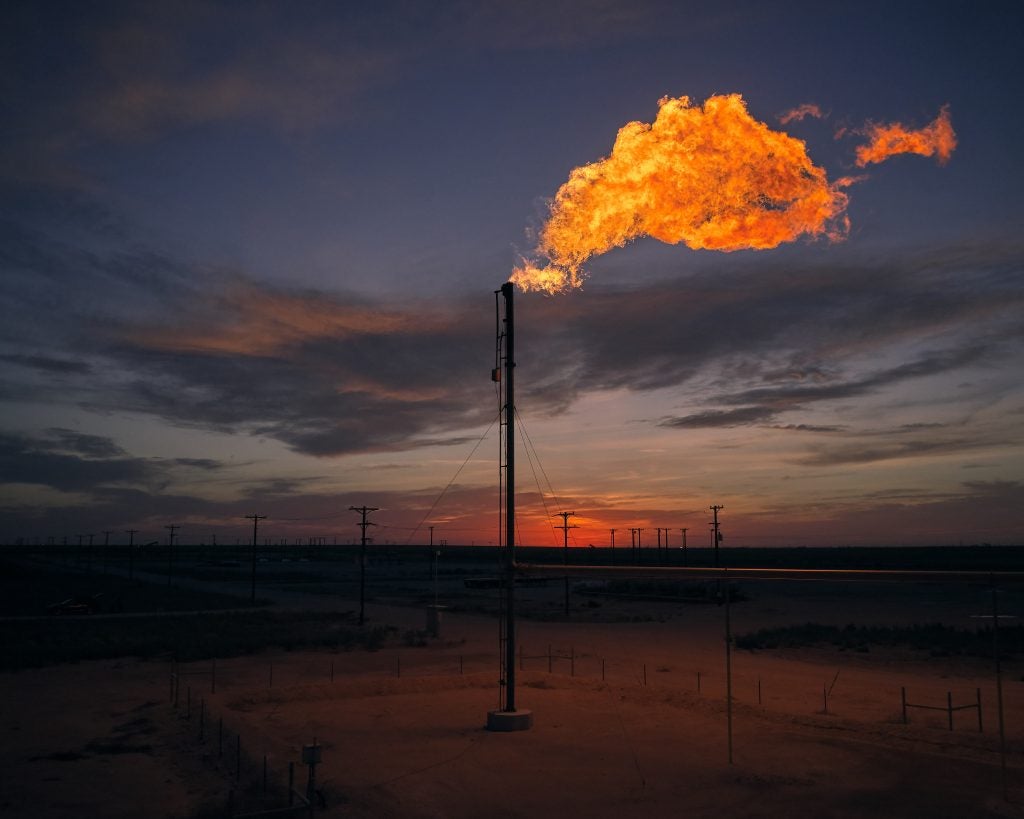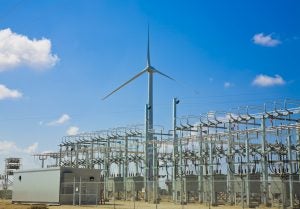 When Texas state senators and representatives return to their home districts this summer, they’ll be able to tell constituents they did something in response to this winter’s deadly energy crisis. But they better not brag. And they might face some difficult questions when constituents ask why the Electric Reliability Council Of Texas is facing another supply crisis during a very predictable warm June.
When Texas state senators and representatives return to their home districts this summer, they’ll be able to tell constituents they did something in response to this winter’s deadly energy crisis. But they better not brag. And they might face some difficult questions when constituents ask why the Electric Reliability Council Of Texas is facing another supply crisis during a very predictable warm June.
Because despite promises to make sure February’s grid failures are never repeated, the Legislature only passed modest grid-related bills this session. They missed a once-in-a-generation opportunity to pass comprehensive electricity reforms that would have fortified the grid and protected Texans from increasingly frequent weather-related energy crises. And they spent an unforgivable amount of time and effort vilifying solar, wind and electric vehicles and considering punitive legislation that had nothing to do with February’s disaster.










